What Even Is Wisdom?
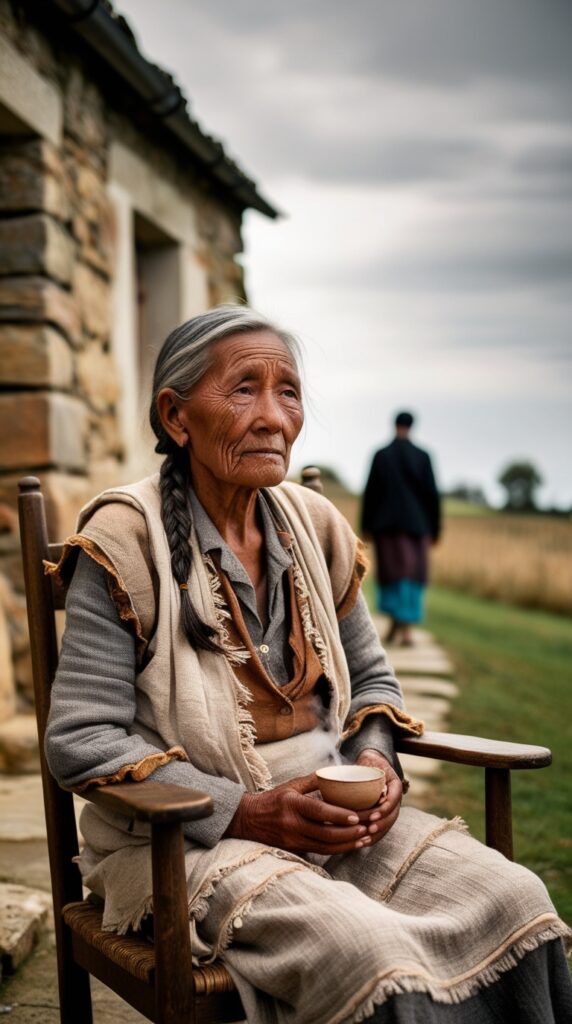
Wisdom. It’s such a slippery thing, ain’t it? Some folks think it comes with age. Others reckon it’s born from pain. Or patience. Or books. Depends who you ask, really.
You walk through a village in Ghana, and they’ll tell you wisdom is knowing when to speak, not what to say. In Tokyo? It’s keeping the peace. Not knowing everything. Just enough to not cause a fuss.
In the West, wisdom sometimes feels like a list of credentials. PhDs, lectures, best-selling books with shiny covers. But in other places, wisdom sits quietly in the corner, sipping tea, saying nothing, and somehow knowing more than everyone else in the room.
Wearing Many Faces

That’s the thing. Wisdom changes clothes depending on where it’s standing.
Take ancient China, for starters. Confucius, that old fella with the beard and the infinite patience, believed wisdom was about moral integrity. Knowing your place, behaving right, understanding the Dao of things. It’s not flashy. It’s humble. Self-restraint is a big deal. Like, huge.
Compare that to ancient Greece. Socrates, who had a bit more sass, thought wisdom was knowing you don’t know much at all. Ironic, right? That Socratic way of poking holes in everything. Asking until your brain hurts. They loved a good debate. Wisdom was alive in questions, not answers.
Indigenous Wisdom: Passed Not Preached
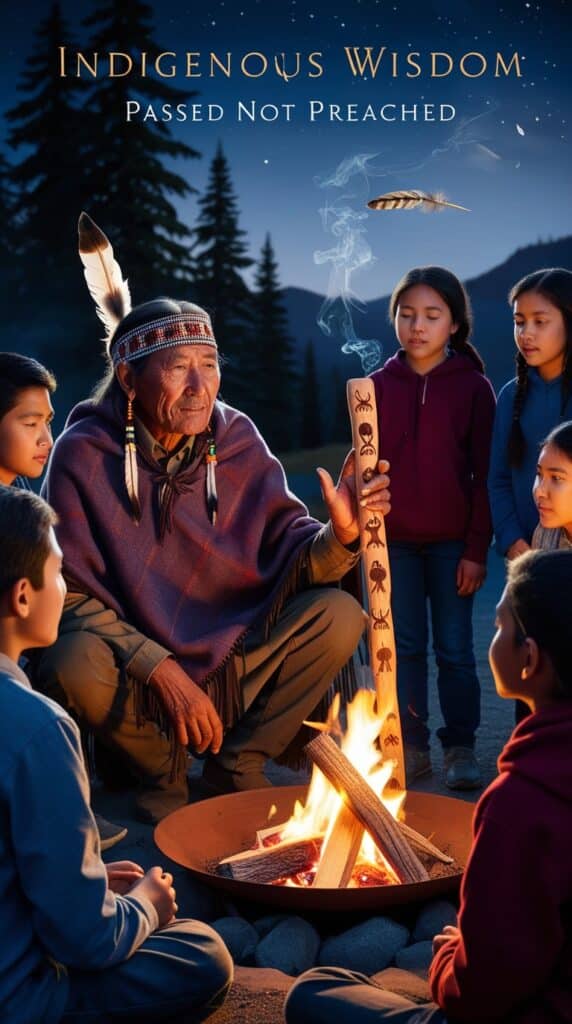
Now, bounce over to the Indigenous cultures of North America. Wisdom isn’t some intellectual game there. It’s lived. It’s breathed. The elders, they don’t talk just to talk. Each word’s got weight, like a stone warmed in fire. You listen to them, you hear the forest, the rivers, the stories of people long gone. But still here.
There’s a beautiful concept in many Native communities: the idea that wisdom is collective. You don’t carry it alone. You inherit it, you protect it, you pass it on. And that passing? That’s sacred.
Broken Bowls and Inner Peace
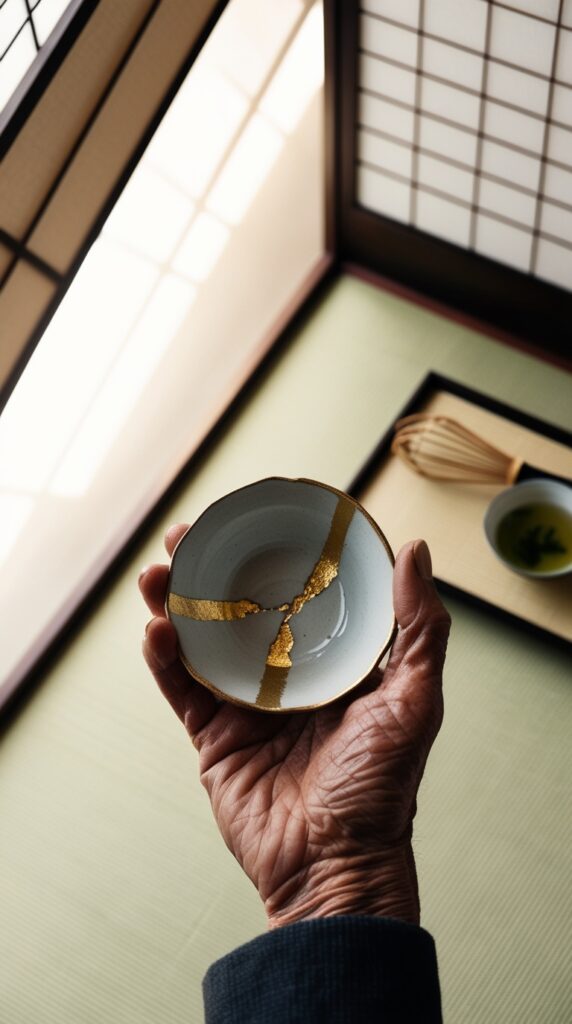
In Japan, you get wabi-sabi. That’s not exactly wisdom, but it’s close. It’s the wisdom of imperfection. The beauty in broken things. A cracked bowl that’s been mended with gold—kintsugi. That’s not a flaw, it’s a story. A lesson in embracing the mess of being alive.
Meanwhile, in India, you’ve got sages who’ve spent decades in silence, meditating in caves. For them, wisdom’s not loud. It’s inner. The self knowing the self. Unlearning, in a way. Letting go of the noise. You don’t get wise by collecting thoughts, but by emptying them out.
Desert Lessons and Shared Souls
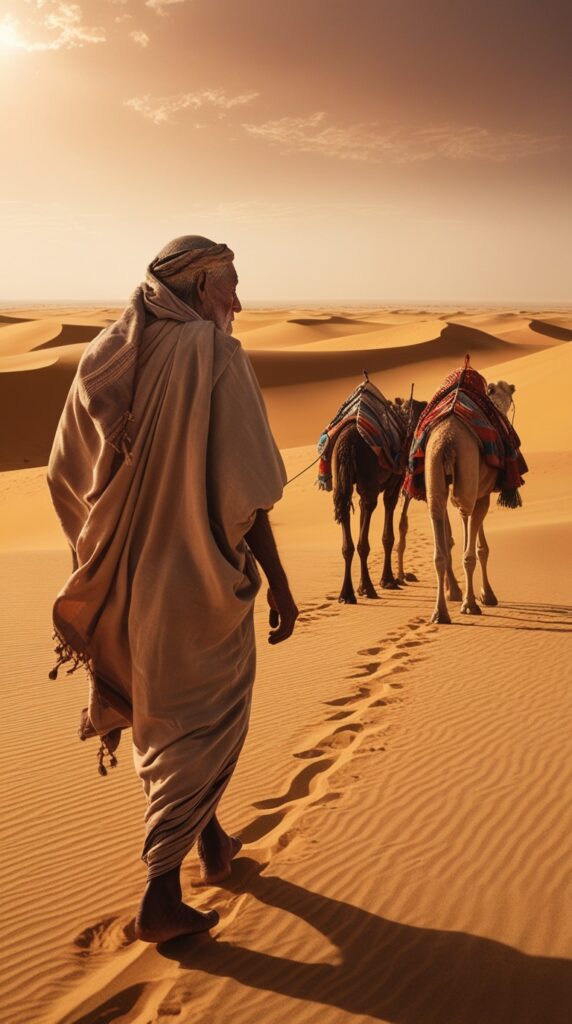
Ever talk to a Bedouin nomad? I did once, in Jordan. He said wisdom was “knowing which sand not to step on.” Sounds odd, but in the desert, that kind of knowing saves your life. That’s practical wisdom. Not something you read in a book. You live it, or you don’t.
And isn’t that the split right there? In the West, we often box wisdom in theories. Elsewhere, it’s about experience. A scar here, a lesson there. Wisdom as a bruise that teaches you to walk different.
Let’s look at African traditions again. Ubuntu. A word so full it almost breathes. “I am because we are.” That’s not just feel-good philosophy. That’s deep wisdom. It means your well-being’s tangled up in mine. So a wise person doesn’t hoard knowledge—they share it. Build community with it. Heal others.
Clickbait vs. Contemplation

In modern culture, especially with the internet turning everyone into an instant expert, wisdom’s become performative. We clap for cleverness. But cleverness ain’t the same as wisdom. Not even close. A wise person knows when to shut up. Twitter doesn’t really allow for that.
Wisdom has time baked into it. And patience. But we don’t like slow anymore. We like instant answers. Instant noodles. Instant gurus.
Whirling Through Wisdom
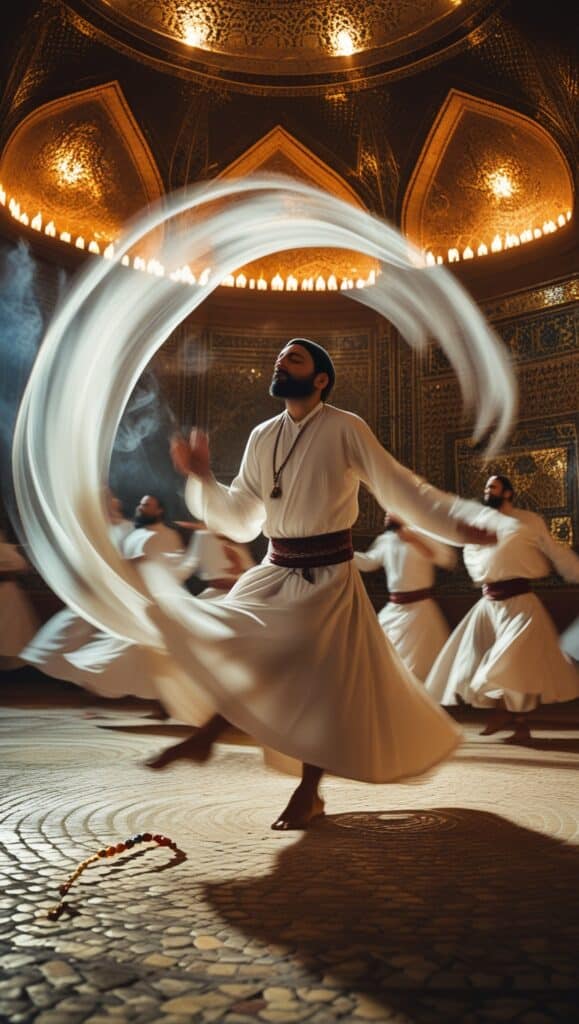
Now, ever been to a Sufi gathering? The whirling dervishes, the poetry of Rumi? There, wisdom’s in love. Not the romantic kind, but the kind that melts your ego. That breaks your sense of “me” and pours it into a bigger “us.” It’s messy, it’s beautiful, and it’s wiser than logic.
Chilly Truths and Fiery Stillness

In Scandinavian cultures, there’s a saying: “There’s no such thing as bad weather, only bad clothing.” At first, it seems like common sense. But look deeper. It’s wisdom in disguise. Acceptance. Adapting without complaint. Understanding that life isn’t the problem—how you show up to it is.
The Inuit people, living where the ice bites, understand survival as wisdom. If you don’t know the land, you die. Simple. But wisdom there isn’t in being tough. It’s in being observant. Patient. Listening to the wind, reading snow like it’s a book.
Sacred and Scriptural

Now, let’s talk religion for a sec.
In Christianity, wisdom is one of the gifts of the Holy Spirit. Something divine. Solomon asked for it instead of riches, and bam, he got both. Funny how that works.
In Islam, hikmah—wisdom—is tied to justice, to knowing what’s right and acting on it. Prophet Muhammad was known not just for his knowledge, but for when and how he used it. Big difference.
In Buddhism, wisdom is one of the pillars of enlightenment. But it’s not about knowing more—it’s about seeing through illusions. Cutting through desire, ego, the stories we tell ourselves. A kind of quiet seeing.
Lightsabers and Listening
Even pop culture, believe it or not, has its nuggets.
Yoda, that little green guy from Star Wars, had lines packed with wisdom. “Do or do not. There is no try.” Sounds cute, but it’s deep. Commit. Or don’t. Half-hearted wisdom isn’t really wisdom at all.
In rural Mexico, I once met a curandera—a traditional healer. She didn’t call herself wise. But when she looked at you, it felt like she could read your dreams. Her wisdom wasn’t loud. It was in the herbs she crushed, the stories she told, the way she listened without interrupting once.
Smart vs. Wise
Wisdom, maybe, is also in listening. And the world is real bad at that lately.
People often confuse being smart with being wise. But they’re not siblings. They’re not even cousins. Intelligence can build bombs. Wisdom asks if they should be built.
Think about that for a sec.
Smart is what made AI. But it’ll be wisdom that determines whether it saves us or eats us.
Heartbreak as a Teacher
Now, in Eastern Europe, among the old Slavic traditions, there’s a belief that wisdom comes after heartbreak. After loss. You sit by the fire with your grief, and it whispers truths the world won’t tell you. You don’t learn it in class. You earn it. The hard way.
Maybe that’s universal. The idea that pain teaches. That scars are teachers with soft voices and deep eyes.
Longing and Letting Go
In Brazil, the philosophy of saudade—a sort of nostalgic longing—contains its own kind of wisdom. It’s the ache for something that maybe never was. Or something gone. But the ache itself reminds you that you loved, that you felt. And that feeling is part of what makes you wise.
No Final Destination
Wisdom isn’t a destination. It’s a becoming.
One day, you realise the smartest person in the room isn’t the one doing all the talking. It’s the one watching. Quietly. Waiting to speak last, not first. They’ve probably lived a dozen lives in silence.
Final Thought
So what’s the takeaway here?
Maybe that wisdom’s not one thing. It’s many. It wears a thousand faces. Speaks in a thousand tongues.
It’s a mother teaching her child how to knead bread in Armenia. It’s a fisherman reading the sea in Indonesia. It’s a child noticing a bird and asking, “Why does it fly away?” That wonder, too, has wisdom in it.
In the end, every culture holds a piece of the puzzle. None have the full picture. Maybe that’s the wisest thing to admit.
We need each other. To share stories, trade truths, listen without the need to be right.
Wisdom, it seems, blooms best where humility lives.

Selena is an experienced lifestyle blogger and the voice behind many of Cozy Toned’s inspiring posts. With a passion for mindful living, home styling, and everyday wellness, she shares practical tips and fresh ideas to help readers live beautifully and intentionally.